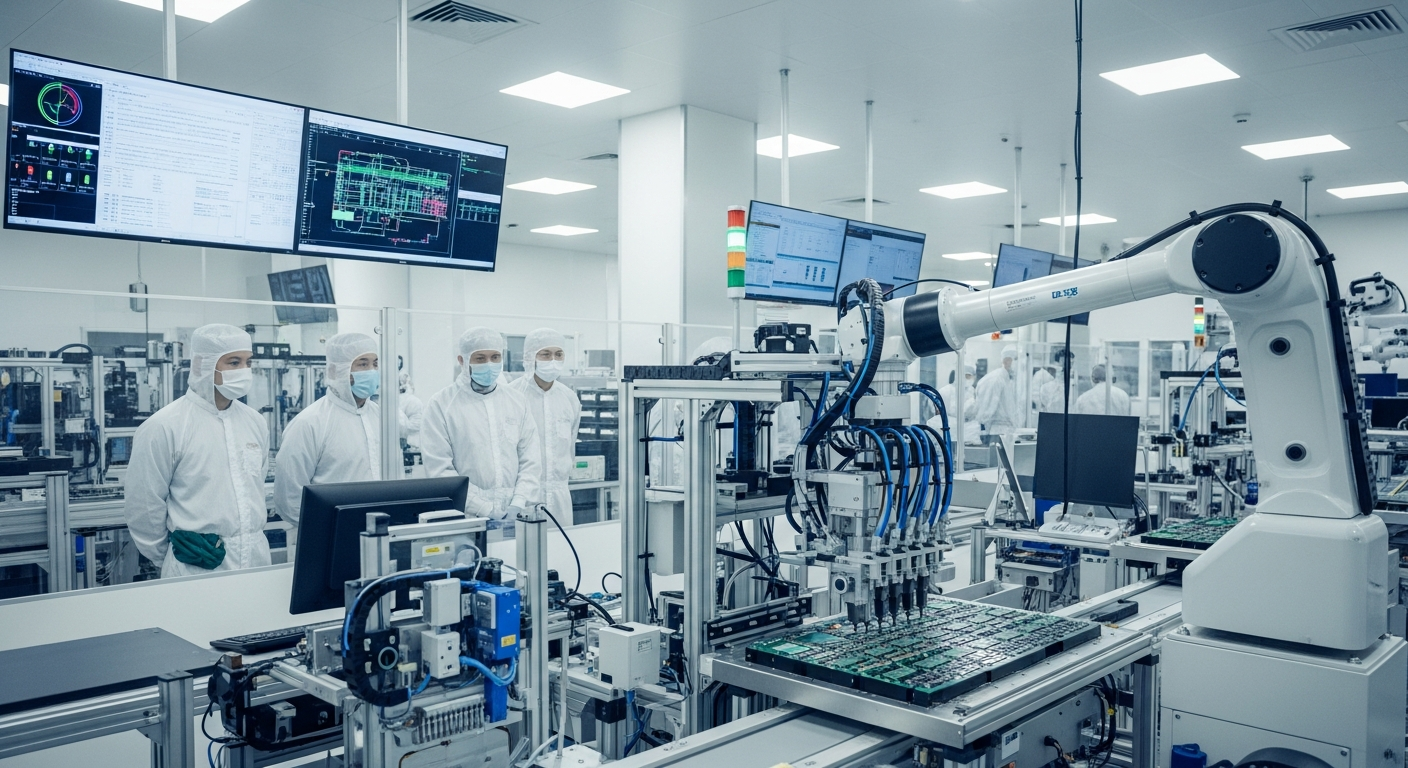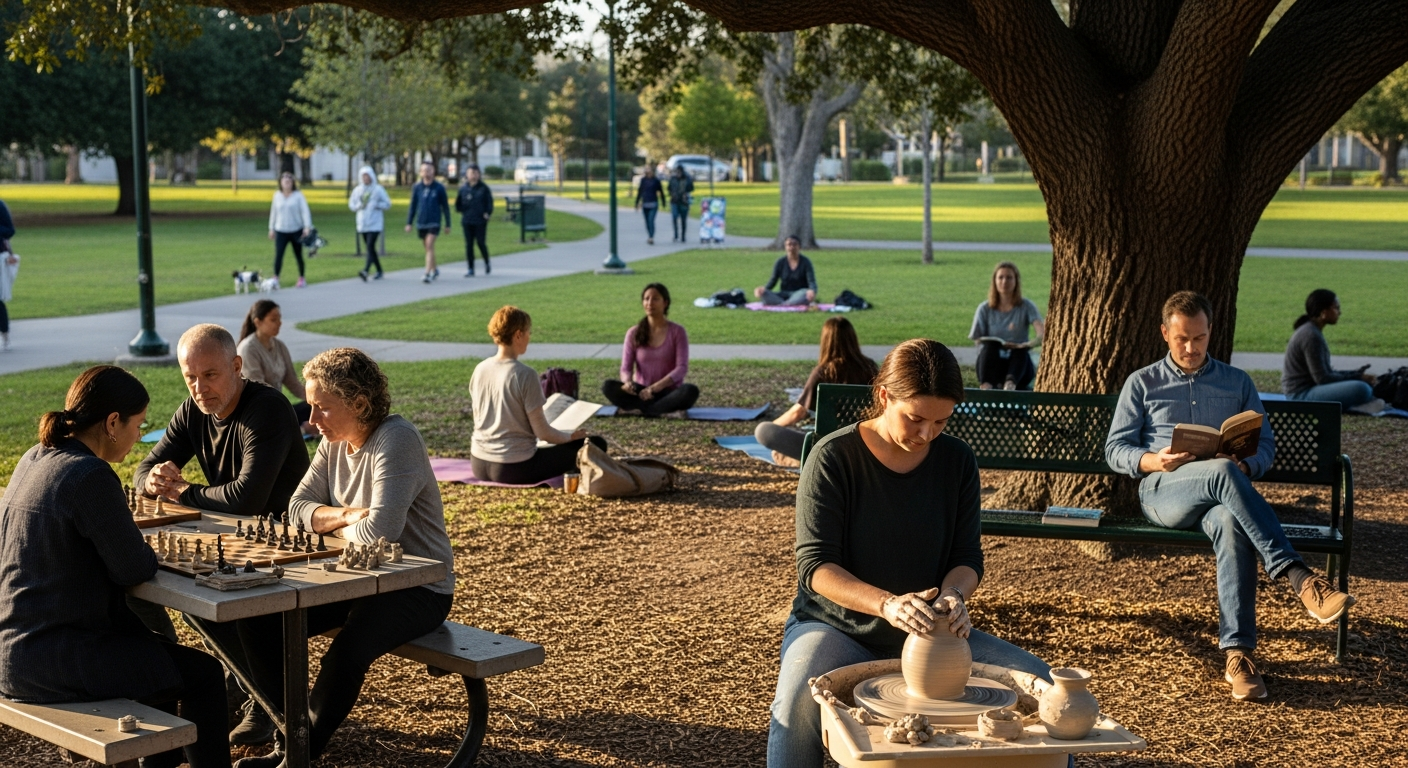Chronomedicine: Aligning Healthcare with Your Body Clock
Time isn't just a measure of hours and minutes—it's a fundamental aspect of our biology. What if the effectiveness of your medical treatments could be enhanced simply by considering when you take them? Welcome to the fascinating world of chronomedicine, where the timing of healthcare interventions is synchronized with your body's natural rhythms. This cutting-edge approach is revolutionizing how we think about treatment efficacy and personalized care. But what exactly is chronomedicine, and how could it transform your health journey?

Research has shown that our organs and cellular processes have their own timekeepers, known as peripheral clocks. These clocks are synchronized by a master clock in the brain, located in the suprachiasmatic nucleus. This intricate system ensures that our body’s functions are optimized at different times of the day.
Timing Matters: The Impact on Treatment Efficacy
The principles of chronomedicine suggest that the timing of medical interventions can significantly impact their effectiveness. For instance, studies have shown that certain medications may be more potent or have fewer side effects when taken at specific times of day.
One striking example is in cancer treatment. Research has indicated that chemotherapy drugs may be more effective and less toxic when administered at certain times, aligning with the cancer cells’ vulnerable phases in their own circadian rhythms. This approach, known as chronochemotherapy, has shown promise in improving treatment outcomes while reducing adverse effects.
Personalized Chronotherapy: Tailoring Treatment to Individual Rhythms
While general patterns exist, it’s crucial to recognize that each person’s circadian rhythm can vary. Factors such as age, genetics, lifestyle, and even geographical location can influence individual chronotypes—our natural inclination towards specific sleep-wake cycles.
Personalized chronotherapy takes these individual differences into account. By analyzing a person’s unique circadian profile, healthcare providers can tailor treatment plans to align with their optimal biological timing. This could involve adjusting medication schedules, planning surgical procedures, or even recommending lifestyle changes that support natural rhythms.
Beyond Medication: Chronomedicine in Daily Life
Chronomedicine extends beyond just timing medications. It has implications for various aspects of health and wellness:
-
Nutrition: The concept of chrononutrition suggests that when we eat is as important as what we eat. Our metabolism and insulin sensitivity fluctuate throughout the day, affecting how our bodies process nutrients.
-
Exercise: Studies have shown that exercise performance and its benefits can vary depending on the time of day, influenced by factors like body temperature and hormone levels.
-
Sleep: Understanding individual chronotypes can help in optimizing sleep schedules, potentially improving sleep quality and overall health.
Challenges and Future Directions
While chronomedicine holds great promise, it also faces challenges. Implementing personalized chronotherapies on a large scale requires sophisticated monitoring and analysis tools. There’s also a need for more extensive clinical trials to validate the approach across various medical conditions.
However, advancements in wearable technology and artificial intelligence are opening new possibilities. These tools could provide real-time data on individual circadian rhythms, allowing for more precise and dynamic chronotherapeutic interventions.
Chronohealth Insights: Timing Your Wellness
-
Morning light exposure can help regulate your circadian rhythm, improving sleep quality and daytime alertness
-
Consuming protein-rich foods in the morning may enhance muscle synthesis and metabolism throughout the day
-
Afternoon exercise might lead to better performance due to increased body temperature and hormone levels
-
Avoiding blue light exposure in the evening can help maintain healthy melatonin production for better sleep
-
Certain vaccines, like flu shots, may be more effective when administered in the morning due to heightened immune responses
As we continue to unravel the complexities of our internal clocks, chronomedicine stands poised to usher in a new era of precision healthcare. By aligning medical interventions with our body’s natural rhythms, we may not only enhance treatment efficacy but also minimize side effects and improve overall well-being. The future of healthcare might not just be about what treatments we receive, but when we receive them—a symphony of care, perfectly in tune with the rhythm of life itself.






